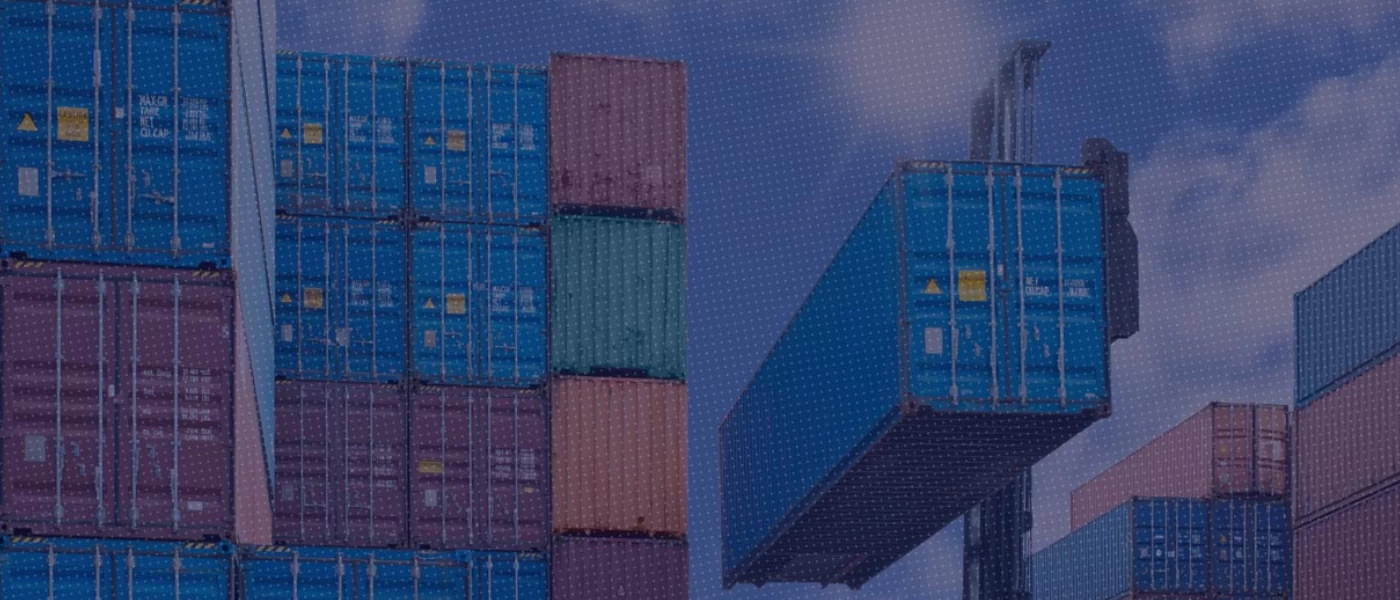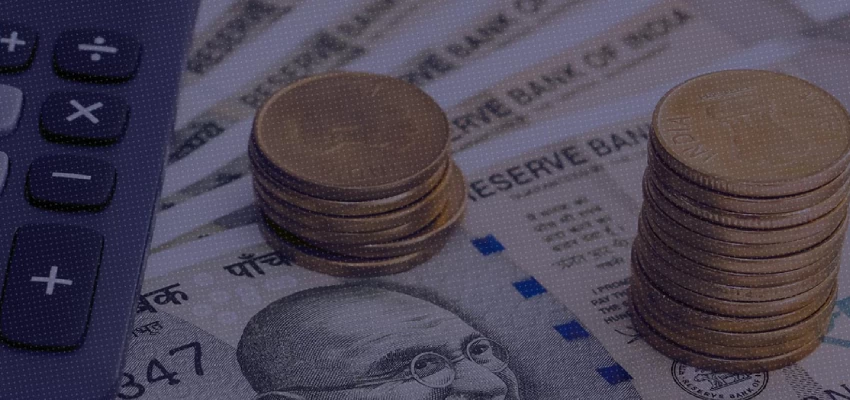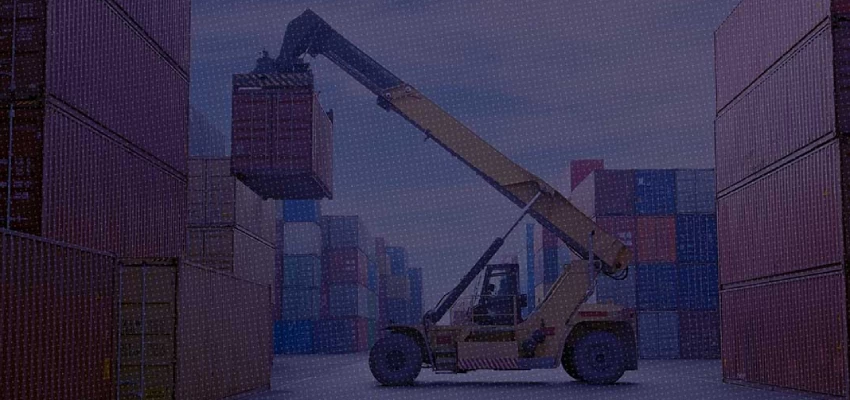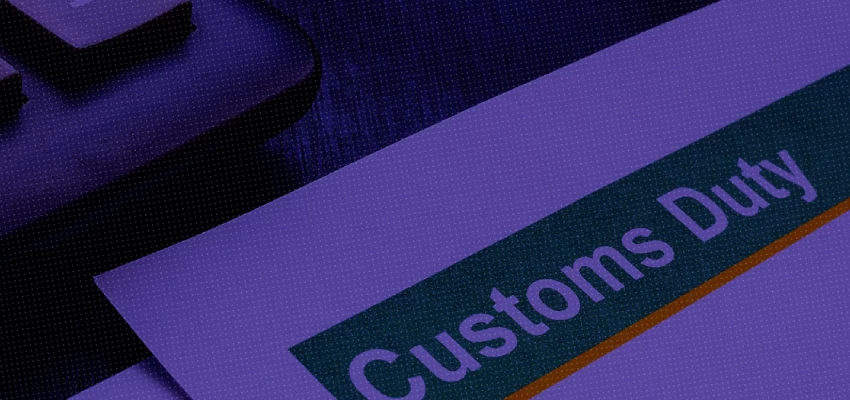“One of the great ironies of intellectual history is that Adam Smith, the apostle of free trade, ended his days as a Comptroller of Customs.” - Michael Keen
Brief background
Customs Valuation has been an impediment to better trade facilitation and inhibits ease of doing business in India. There is a need for systemic improvement and procedural clarity for reducing disputes pertaining to Customs Valuation[1].
Though India largely adopted Article VII of GATT, certain deviations were made in adopting the Customs Valuation Agreement. India also adopted the Ministerial Decision of the WTO taken at Marrakesh, in the form of Rule 10A of erstwhile Customs Valuation Rules, 1988 (“CVR, 1988”). In the new Customs Valuation Rules, 2007 (“CVR, 2007”), it is Rule 12. This Rule mentions the broad parameters for the Customs Authorities to reject the transaction value in a given case. Rule 11 of CVR, 2007 also empowers the customs officer to question the value in appropriate cases.
As per Section 14 of the Customs Act, 1962, the value of the imported goods shall be the transaction value of such goods, that is, the price actually paid or payable for the goods when sold for export to India for delivery at the time and place of importation, where the buyer and seller of the goods are not related and price is the sole consideration for the sale subject to such other conditions as may be specified in the rules made in this behalf.
Rule 12 of CVR, 2007, contemplates that where the department has a ‘reason to doubt’ the truth or accuracy of the declared value, it may ask the importer to provide further explanation to the effect that the declared value represents the total amount actually paid or payable for the imported goods. The ‘reason to doubt’ however does not mean ‘reason to suspect’. A mere suspicion upon the correctness of the invoice produced by an importer is not sufficient to reject the value of imported goods. The doubt held by the officer concerned has to be based on some material evidence and is not to be formed on a mere suspicion or speculation.[2]
Judicial developments
The Supreme Court in Eicher Tractors Limited vs. Commissioner of Customs, Mumbai [2000 (122) ELT 321], laid down the basic premise for customs valuation. It held that unless the price actually paid for a particular transaction falls within the exceptions laid down in the Valuation Rules, customs authorities are bound to charge duty on the transaction value (TV).
However, with the introduction of Rule 10A in CVR, 1988, it became a cause for large number of disputes raised by the customs department, even in cases of genuine transactions; or on the inclusion of royalty, etc. To curb the practice of indiscriminate rejection of transaction value by the department, several judicial decisions were pronounced directing the customs department to exercise restraint in application of Rule 10A and to cite reasonable grounds for the same. These decisions also highlighted the circumstances under which Rule 10A could be applied.
So, while the Customs officer’s right to raise doubts on the authenticity of the transaction value was recognized, the price could be rejected only in exceptional circumstances. Some leading decisions that were given by the Apex Court in the context of the erstwhile Rule 10A of CVR, 1988 include:
- Tolin Rubbers Pvt Ltd. v. CC Cochin [2004 (163) E.L.T. 289 (S.C.)]
- Mirah Exports Pvt. Ltd. v. CC [1998 (98) E.L.T. 3 (S.C.)]
- Vadilal Dairy International Ltd. v. CC Bombay [2005 (180) E.L.T. 436 (S.C.)]
Rule 12 of CVR, 2007 empowers the department to reject the transaction value declared by the importer. The transaction value was merely rejected on various grounds including following:
- Price lists providing for a range of price quotation.
- Contemporaneous imports taking place at a higher price.
- Where the price is deemed to be not accurately reflective of the remuneration paid towards IP Rights, R&D Costs. Doubts are often raised of this being a medium of siphoning off funds out of the country.
- Alert Circulars.
- Standing Instructions / Standing Orders.
- Guidelines issued by DGV (Director General of Customs Valuation).
Thus, while the power to reject transaction value based on the above-listed reasons may be valid, it is to be exercised sparingly and only in cases where there lie genuine doubts related to the authenticity of the declared value. This principle was followed by a catena of judgments of the Apex Court which held that the transaction value cannot be rejected except for the grounds laid under the Valuation Rules. Some of the leading judgements include:
- Century Metal Recycling Pvt. Ltd. v. Union of India [2019 (367) E.L.T. 3 (S.C.)]
- CC (Import) v. Bayer Corp. Science Ltd. [ 2015 (324) E.L.T. 17 (S.C.)
Thus, a number of judgments were pronounced by the Apex Court to minimize the arbitrary rejection of the transaction value by the Customs department. A gist of the ratio that has been set out by the Apex Court time and again dealing with arbitrary rejection of transaction value is as follows:
- Rule 12 of CVR, 2007 applies where the proper officer has reason to doubt the truth or accuracy of the value declared for the imported goods. The proper officer must ask and call upon the importer to furnish further information including documents to justify the declared transaction value. The proper officer may thereafter accept the transaction value as declared.
- It is only in case where the doubt of the proper officer persists after conducting examination of information including documents or on account of non-furnishing of information that the procedure for further investigation and determination of value in terms of Rules 4 to 9 would come into operation and would be applicable.
- Reasonable doubt will exist if the doubt is reasonable and for ‘certain reasons’ and not fanciful and absurd. Subjecting imports to detailed enquiry on mere suspicion without reasonable and certain reasons would be contrary to the scheme and purpose behind the provisions which ensure quick and expeditious clearance of imported goods.
- Secondly, there lies a mandate to record reasons at the second stage of enquiry.
- The Price list of the foreign supplier/ manufacturer is not a proof of transaction value invariably and also existence of the price list cannot be the sole reason to reject the transaction value. A price list is no more than a general quotation. It does not preclude discounts which may be granted for a variety of reasons including stock clearance. Mere production of price list cannot discharge the onus on the customs authorities to prove the existence of special circumstances indicated under Section 14 of the Customs Act r/w the Customs Valuation Rules.
- It is upon the Department to prove that the importer has resorted to under-valuation and the department must produce the necessary evidence to prove the said charge. The Courts should ordinarily proceed on the basis that the price charged by the importer reflect the real state of affairs.
Where does the problem lie?
Rule 12 of CVR, 2007 gives an option to the Customs department for rejecting the transaction value declared by the importer where there is a reasonable doubt as to the truth or accuracy of the declared value.
There has, however, been indiscriminate use of the Rule 12 by the Customs, to reject transaction value declared by the importers, even in genuine cases. In majority of the cases, the department fails to consider common business reasons such as marketing and discount practices for importers submitting a lower declared value than Customs might expect based on the information of customs valuation databases. The value stored in the database should, alongside other indicators applied by the Customs, serve only as an indicator of potential risk and represent no more than initial indicative information.[3]
The national valuation databases are thus risk assessment tools which may be used by the Customs to assess potential risk regarding the truth or accuracy of the declared value for imported goods. The concern however lies when the Customs Department uses these databases in violation of the regulations by setting reference or minimum prices for import declarations.
Narrowing the problem and importance of a comprehensive and accurate valuation database
Practically, it is observed that the department does not follow the true ratio of law laid down by the Apex Court. The department merely doubts truth and accuracy of the value declared by the importer and enhance the value of the imported goods either based on price of identical goods or any other arbitrary basis.
The misuse of databases leads to delays, uncertainty and higher trade costs for businesses. Adherence to set standards while resorting to these databases by the Customs is thus vital to foster an environment encouraging cross-border trade and ease of doing business in India. Thus, in order to curb the problems caused by delayed valuation proceedings, it is most important to address the misuse of customs valuation databases to set reference or minimum prices.
Based on the guidelines on the development and use of national valuation databases issued by the WTO and the practices adopted in other nations, certain changes can be brought about by the Indian Customs to ensure higher quality of the recorded import data. These include:
- The information in the database should be recent data reflecting the Customs value and other pertinent information for previously imported goods.
- Price variations must be recognized as a normal part of international trade. While an abnormally large difference between the declared value and the databases value for that product could constitute a potential risk factor, any such difference must be considered along with other potential risk factors, such as the lack of supporting documentation, prior problems with the importer, etc.[4]
- The database may also include other pertinent and reliable data for risk assessment purposes. In an automated database, virtually all of this data could constitute keywords providing search access.
- A group of specialists should vet the data extracted from the Customs clearance database before it is input into the database[5].
- Values should not be included where, descriptions are inadequate, or prices vary considerably for goods within a particular classification depending on brand, package size, quality, and country of manufacture.
- Further, like the project initiated by the Ecuador Customs, there should be a practice to enhance the quality of the goods description by creating detailed catalogues on certain products for customs clearance purposes.
Steps for importers in case of arbitrary rejection of declared value
The importer must be aware of the reasoning resorted to by the department for rejecting the value declared for a transaction and must take the following steps to build a good case in case of further litigation. Some of these steps include:
- Challenging the rejection of the transaction value by the department by providing all necessary corroborative evidence showing the authenticity of the transaction value.
- In case of heavy discounts being offered by the supplier, the importer must keep in mind to enter into a written contract with the supplier to provide for a written proof for the lower transaction value.
- All pricing documentation for a particular transaction must further be retained for a minimum of five years from the date of imports.
- The importers/agents must further ensure furnishing accurate description of goods and other related parameters. This will not only expedite clearance of the goods, but also make the database more reliable.
- The importer must ask the department to furnish information related to database values used to reject the declared value, such as- applicable method of valuation (transaction value, computed value method etc.), other elements included in the Customs value (assists, royalties, selling commissions) etc.
Thus, a more effective valuation procedure will go a long way to improve the Ease of doing business rankings of India and to make it a preferred destination for the foreign investor.
[The authors are Partner and Associate, respectively, in Customs practice of Lakshmikumaran and Sridharan, Mumbai]
- [1] Michael Keen, ‘Challenges and Strategies for reform of Customs Administration’, 2003, International Monetary Fund
- [2] CC, Vishakhapatnam v. Aggarwal Industries Ltd. [2011 (272) ELT 641 (SC)]
- [3] ‘Guidelines on the development and use of a national valuation database as a risk assessment tool’, Committee of Customs Valuation, World Trade Organization (4th April 2014)
- [4] Ibid
- [5] “Valuation database as a risk assessment tool: Ecuador, India and Kenya Customs share their experience”, WCO News












